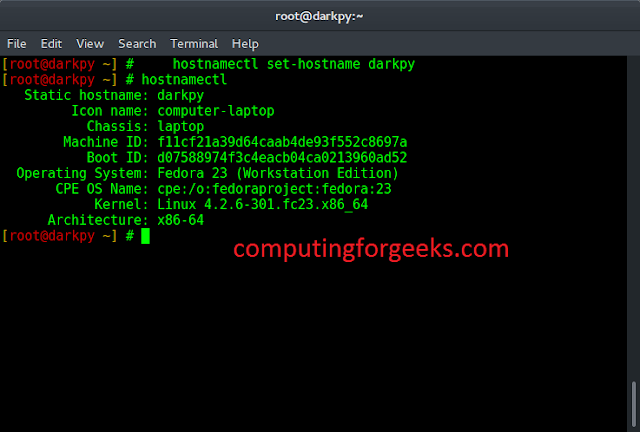Python String isdecimal() function returns true if all characters in a string are decimal, else it returns False. In this article, we will explore further the isdecimal() method, understand its functionality, and explore its practical applications in Python programming.
Python String isdecimal() Syntax
Syntax: string_name.isdecimal(), string_name is the string whose characters are to be checked
Parameters: This method does not takes any parameters .
Return: boolean value. True – all characters are decimal, False – one or more than one character is not decimal.
String isdecimal() in Python Example
Let’s explore some examples to understand how the isdecimal() method works:
Python3
print("100".isdecimal()) |
Output
True
String Containing digits and Numeric Characters
In Python, we can check if a string contains digit or numeric characters using isdecimal() method. Here is the Program to demonstrate the use of the Python String decimal() Method.
Python3
s = "12345"print(s.isdecimal())# contains alphabetss = "12Lazyroar34"print(s.isdecimal())# contains numbers and spacess = "12/34"print(s.isdecimal()) |
Output
True
False
False
Converting Numerical Strings to Integers using Isdecimal()
In Python, we can convert a string to an integer using isdecimal() method. Here is the Program to demonstrate the use of the Python String decimal() Method.
Python3
def convert_int(num_str): if num_str.isdecimal(): return int(num_str) else: return Noneprint(convert_int("555")) print(convert_int("11.11")) |
Output
555
None
Difference between isdigit(), isnumeric() and isdecimal()
In Python, the isdigit(), isnumeric(), and isdecimal() methods are used to determine whether a string contains only numeric characters. Although they may appear similar, each method has its own unique characteristics and purpose. Let’s Explore in depth the between these methods:
Difference between isdigit() and isdecimal()
In Python, isdigit() is a method of the str class and returns True if all characters in the string are numeric digits (0 to 9). Here, Python String isdecimal() returns False because not all characters in the “expr” are decimal.
Python3
expr = "4²"print("expr isdigit()?", expr.isdigit())print("expr isdecimal()?", expr.isdecimal()) |
Output
expr isdigit()? True
expr isdecimal()? False
Difference between isnumeric() and isdecimal()
In Python, isnumeric() is also a method of the str class, and it returns True if all characters in the string are numeric. Here, Python String isdecimal() returns False because not all characters in the “expr” are decimal.
Python3
expr = "⅔"print("expr isnumeric()?", expr.isnumeric())print("expr isdecimal()?", expr.isdecimal()) |
Output
expr isnumeric()? True
expr isdecimal()? False




